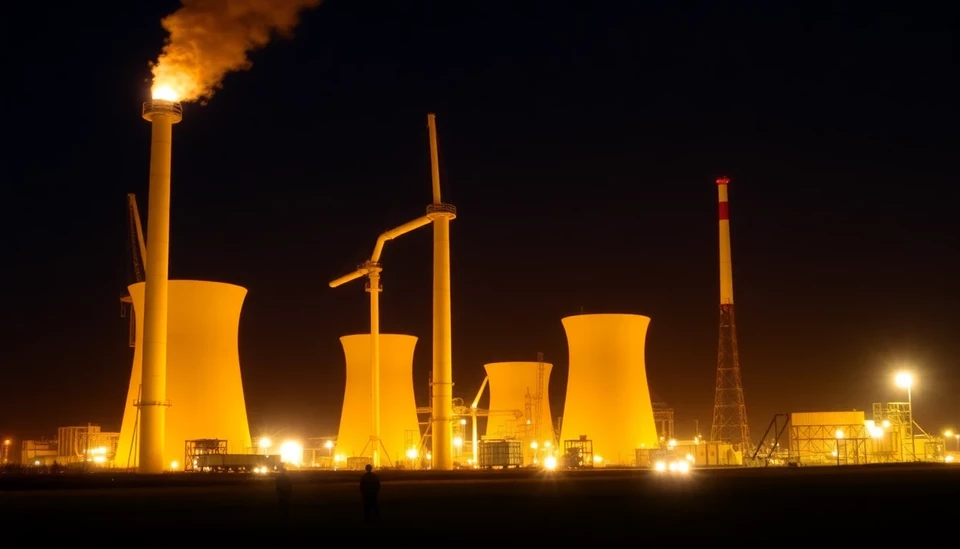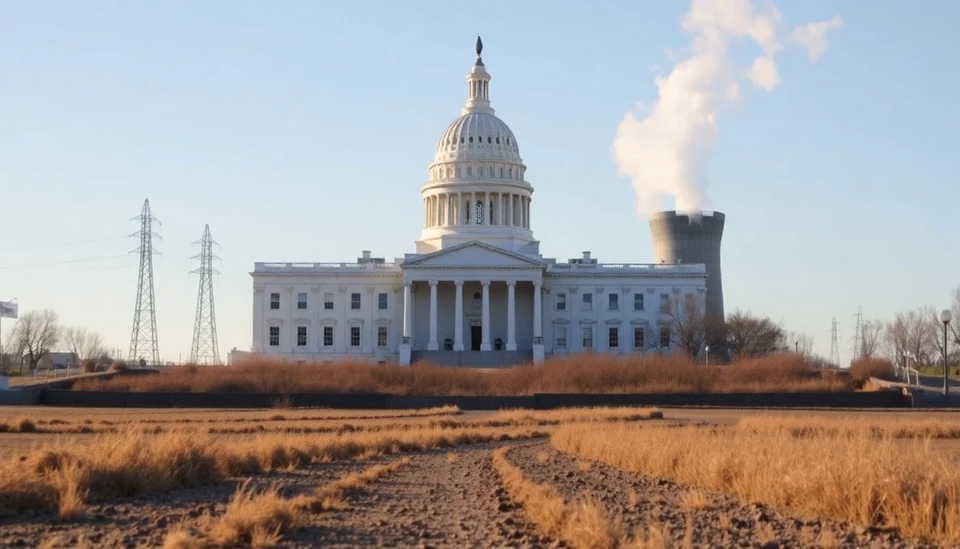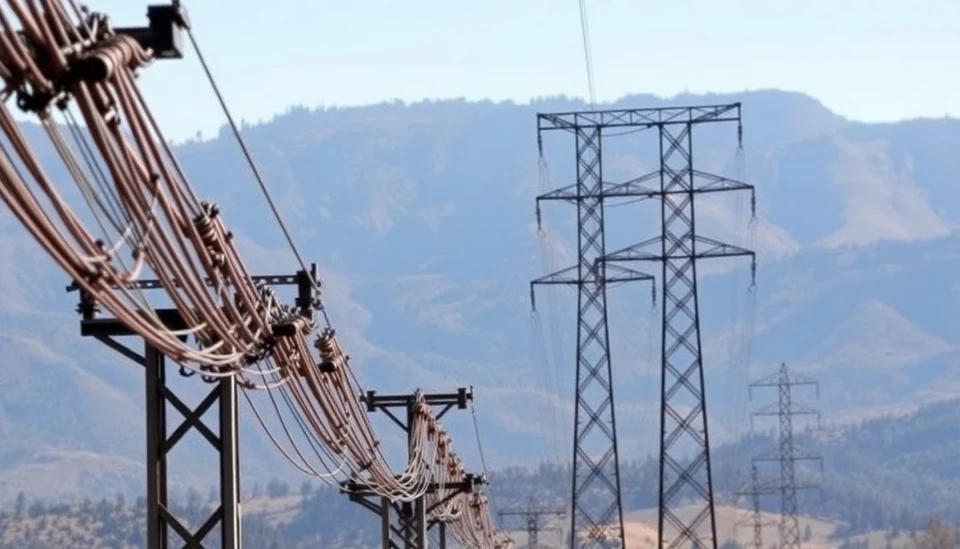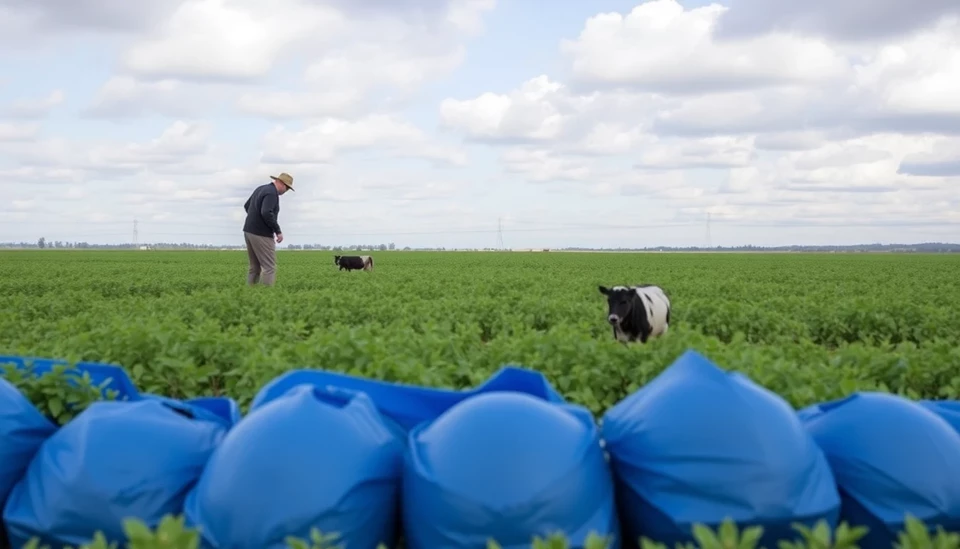
In a revealing analysis published on January 29, 2025, it has been reported that global banks are making minimal progress in addressing the pressing issue of climate change. Despite significant pledges and commitments from major financial institutions in recent years, many banks are increasingly falling short of the expectations set by environmental activists and regulatory bodies.
The findings indicate a startling disconnection between the ambitious climate targets set by these institutions and their actual performance. A majority of banks have voluntarily committed to transition towards greener financing options and carbon neutrality by 2050. However, scrutinies show that only a fraction of them have made substantive changes to their lending practices or investments toward environmentally sustainable projects.
This analysis comes amidst heightened pressure from various stakeholders, including governments, environmental groups, and the public, demanding accountability and action on climate finance. The urgency is echoed by the accelerating impacts of climate change, which are increasingly being felt across the globe, affecting everything from agriculture to urban infrastructure.
In 2021, the commitment from financial institutions to align their operations with the goal of limiting global warming to 1.5 degrees Celsius as outlined in the Paris Agreement was considered a positive leap forward. However, as of early 2025, it appears that many banks are still entangled in practices that support fossil fuel industries and high-emission projects. Critics argue that this not only undermines the credibility of these institutions but also puts them at risk of becoming targets of legal action and regulatory reform.
Moreover, the financial market continues to exhibit a significant bias towards short-term profit generation over long-term ecological sustainability. This priority often results in funding being directed towards high-profit ventures that contradict the ideals of environmental responsibility. As climate change intensifies, this issue is compounded by potential financial risks tied to investments in industries on the decline, as well as increasing operational costs due to extreme weather events.
Several organizations are calling for a re-evaluation of how banks assess climate risks in their portfolios. The ongoing debate centers around whether banks need to establish stronger frameworks for climate risk management, thereby enabling them to recognize the long-lasting implications of climate change on financial stability. Financial regulators worldwide are being urged to implement stringent guidelines to ensure that banks are held accountable for their commitments to climate action.
As part of a growing trend, some banks are beginning to adopt measures to improve transparency in their climate-related financial disclosures. This move is aimed at rebuilding trust with stakeholders and demonstrating a genuine commitment to sustainable financing. However, many experts remain skeptical, pointing out that until systemic changes occur within the banking sector, mere transparency will not suffice.
In conclusion, the path to a sustainable financial system remains fraught with challenges. Moving forward, it is imperative for banks to not only renew their commitment to climate initiatives but also to follow through with radical shifts in their funding strategies and operational philosophies. Only then can they truly align themselves with the global climate goals that have been established.
As the pressure mounts, the coming years may determine whether global banks can evolve into leaders of the climate agenda or remain mired in the traditional practices that are increasingly being viewed as outdated and harmful to the planet.
#ClimateChange #Banking #Sustainability #FinancialReform #EnvironmentalResponsibility #GreenFinance #ClimateCrisis
Author: Peter Collins




